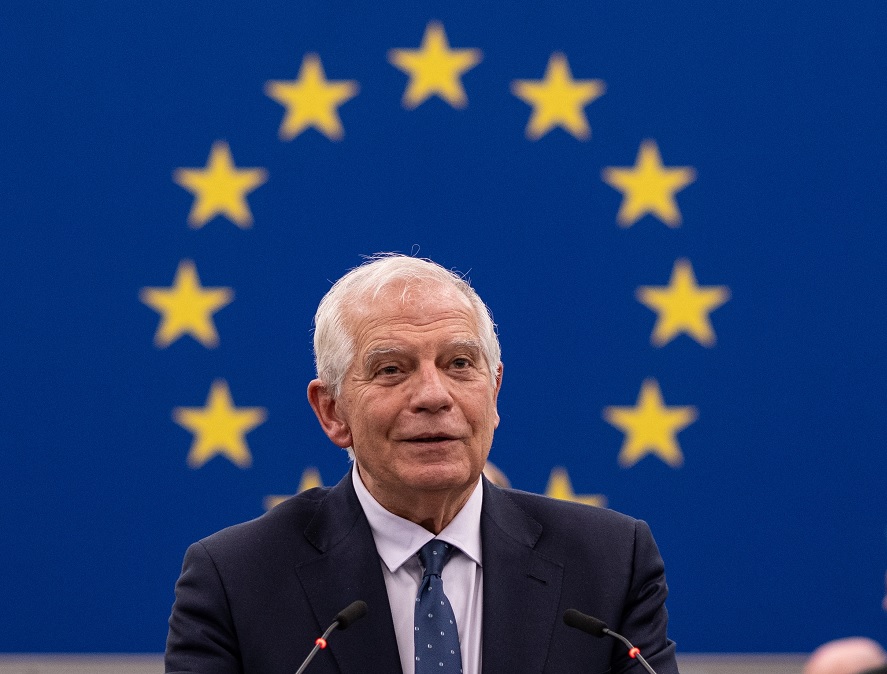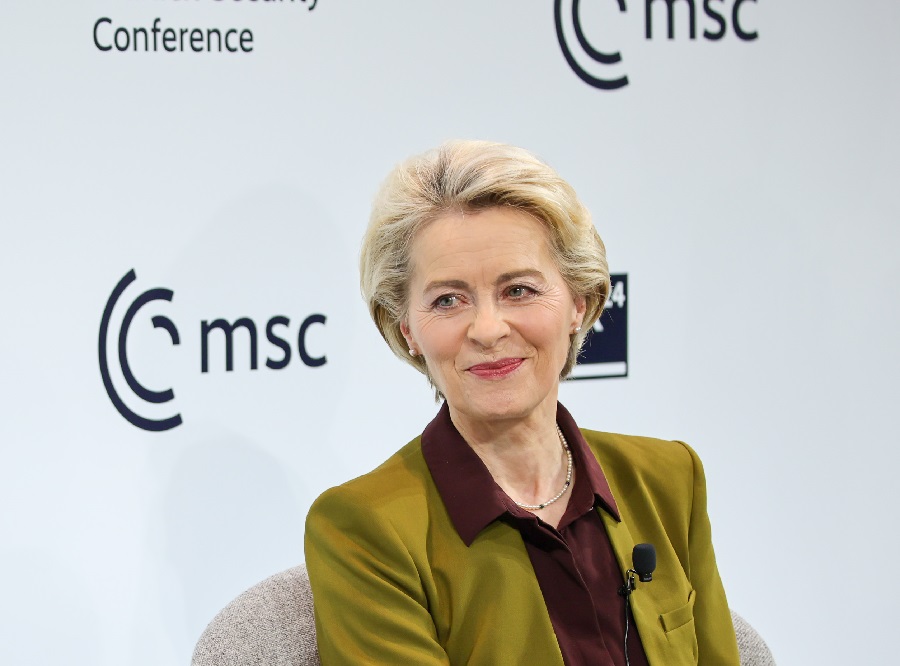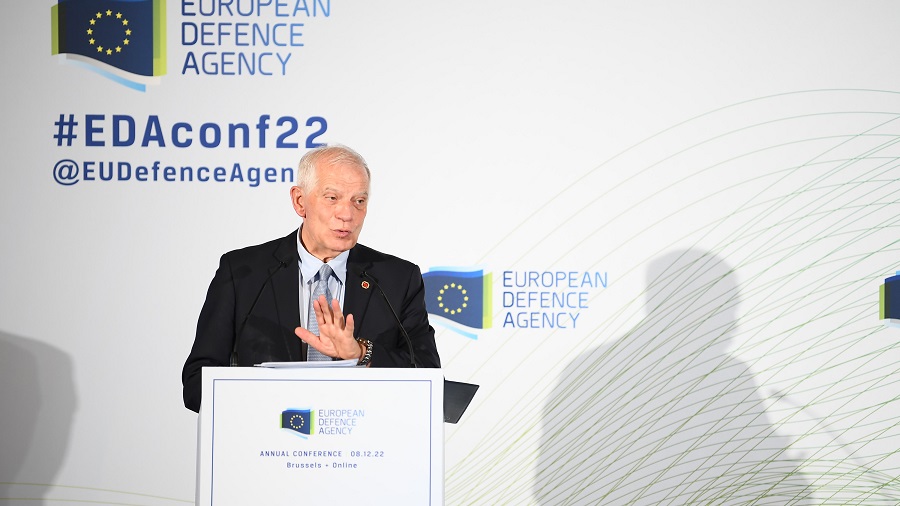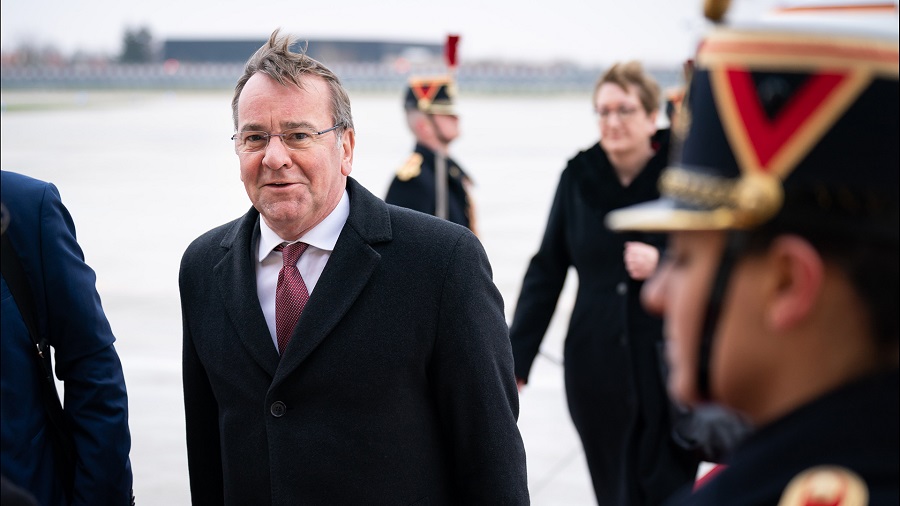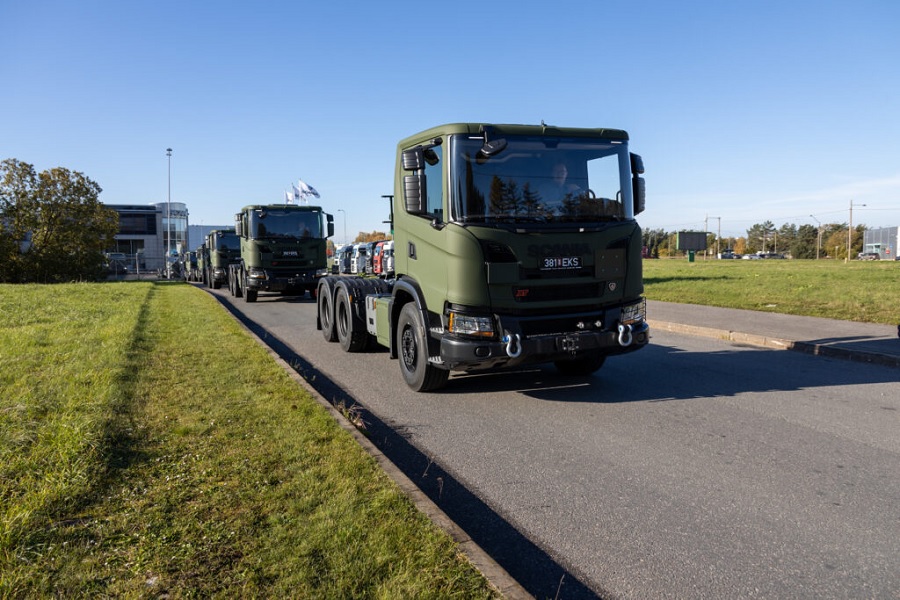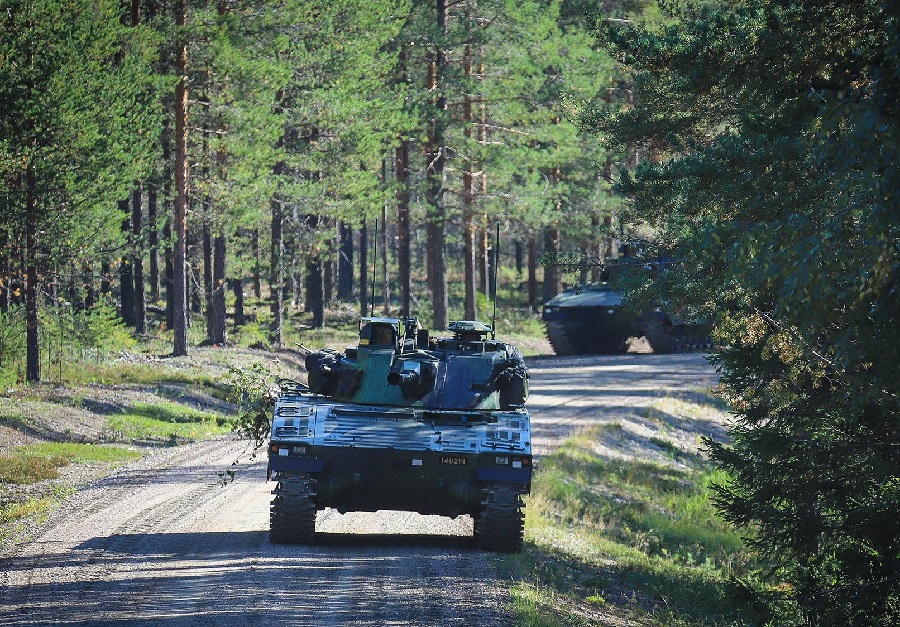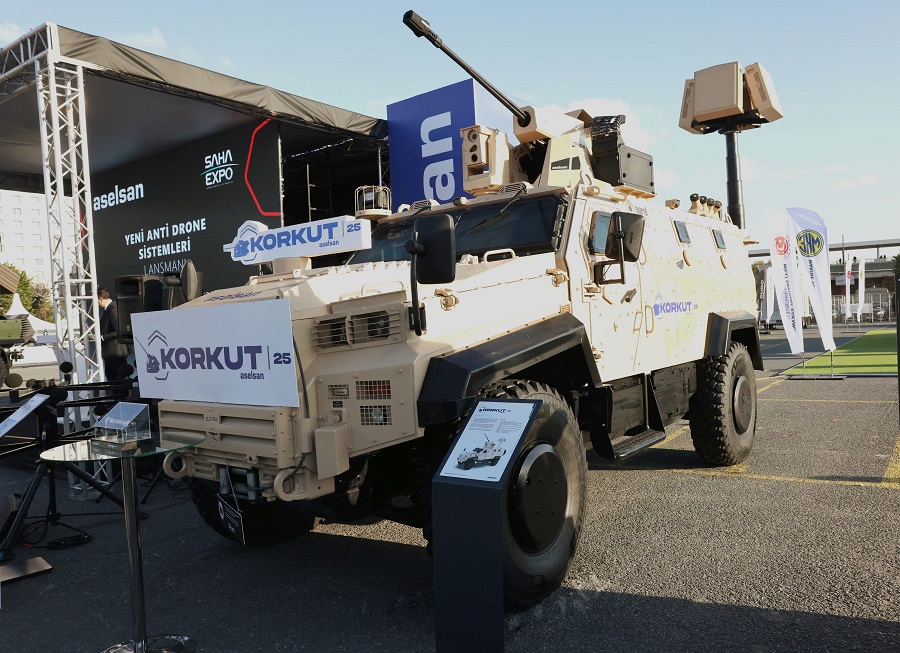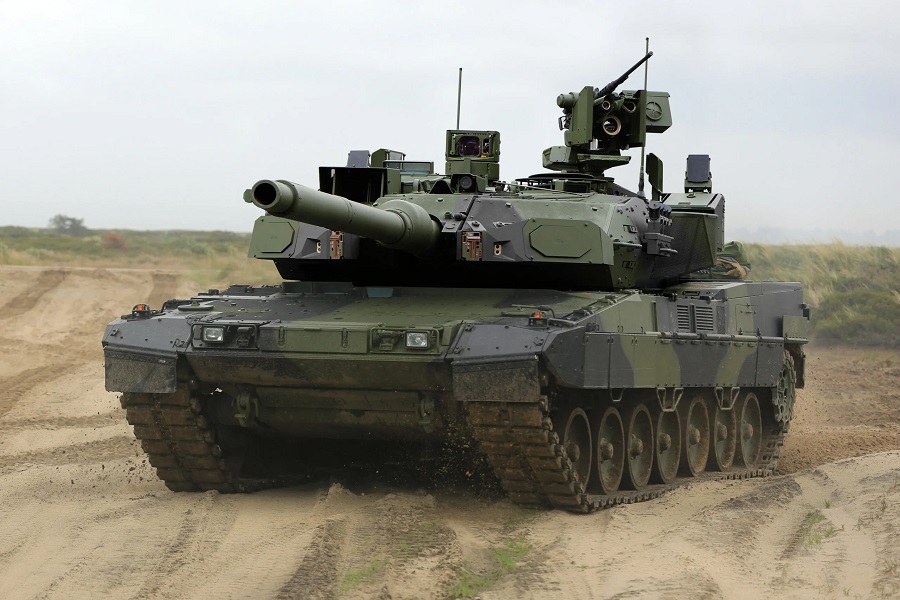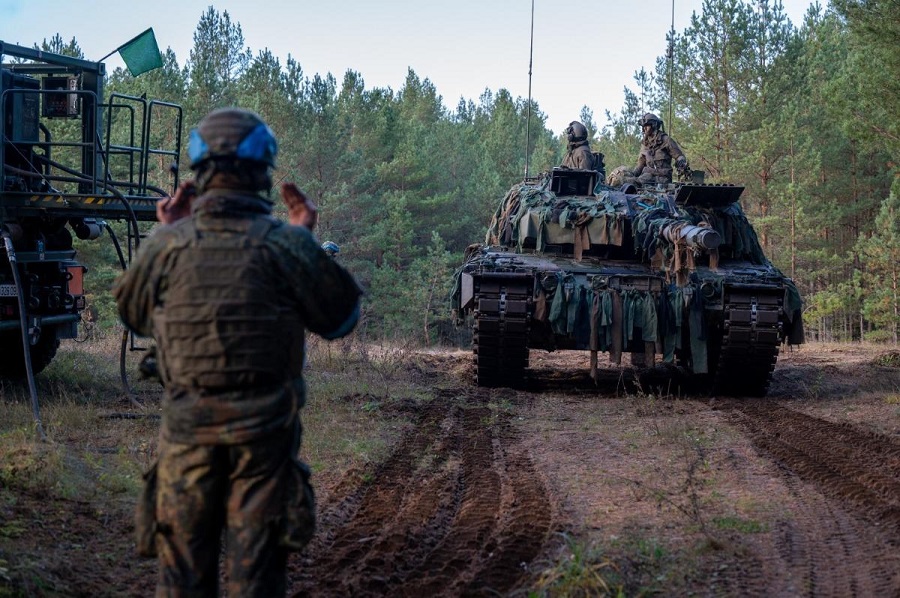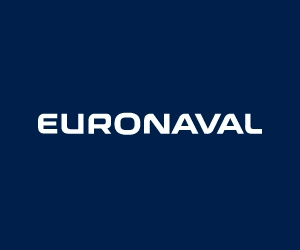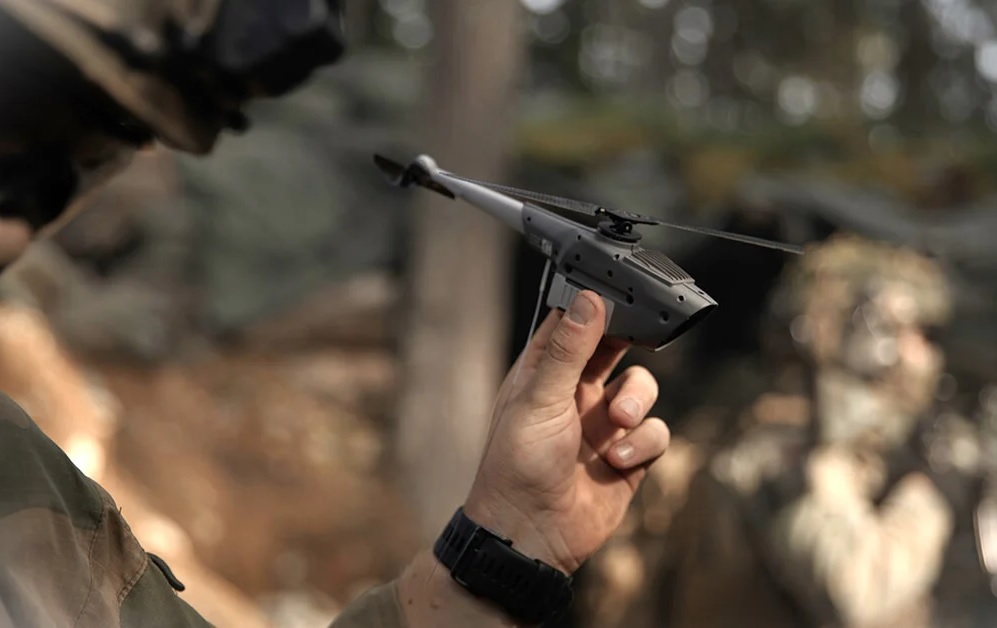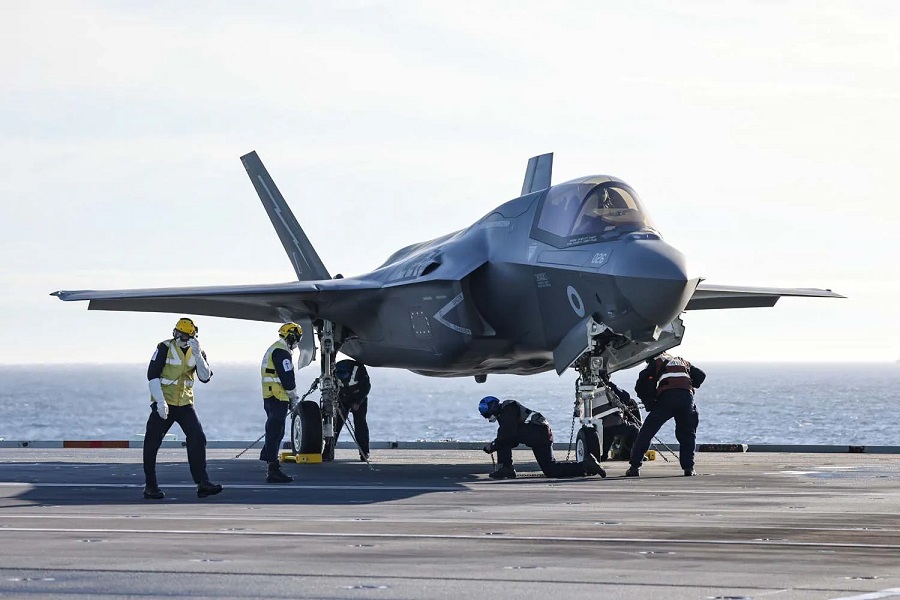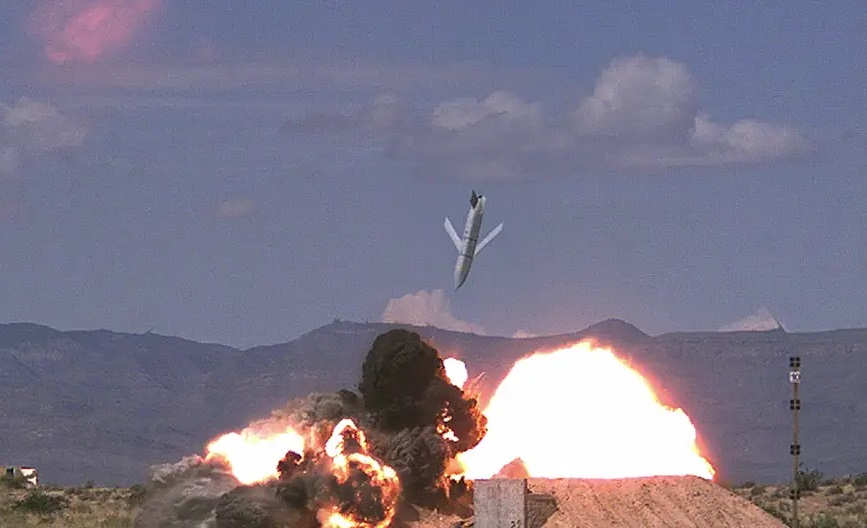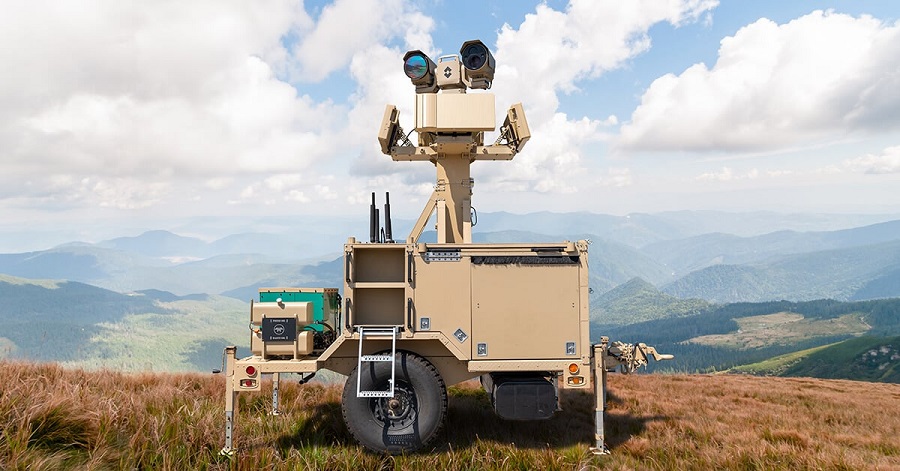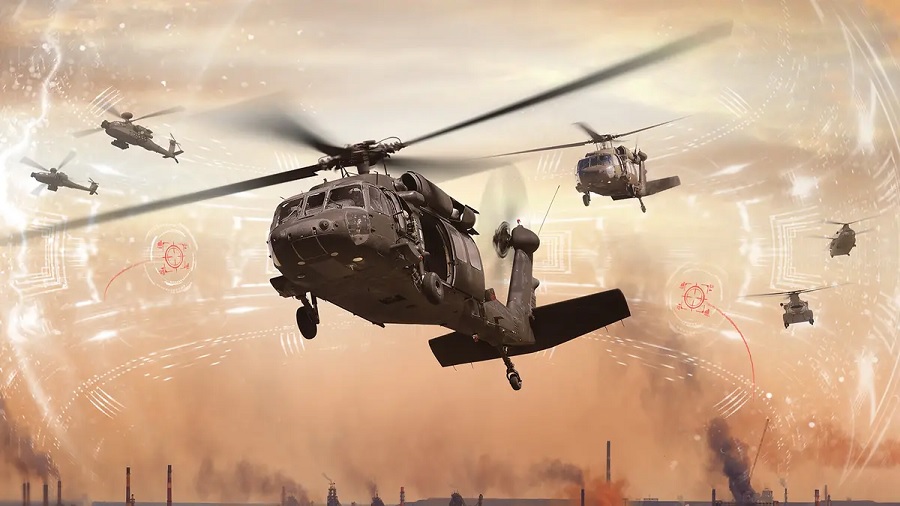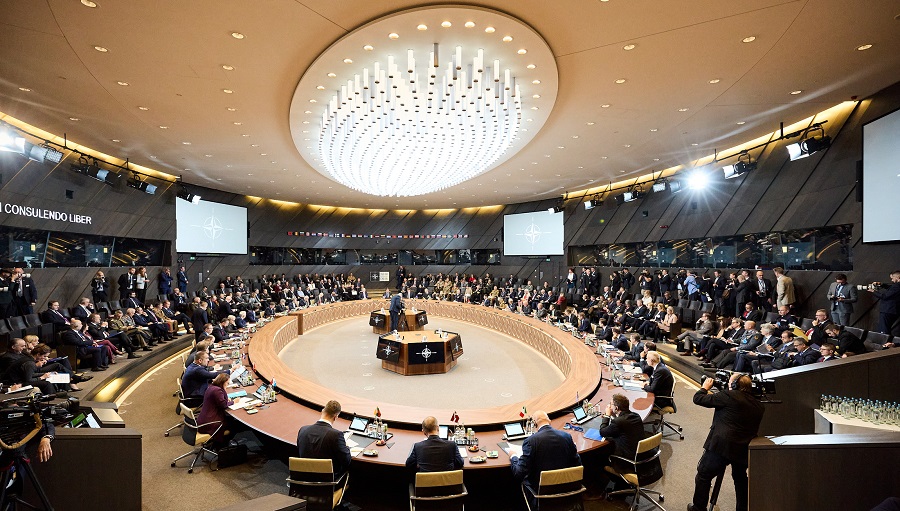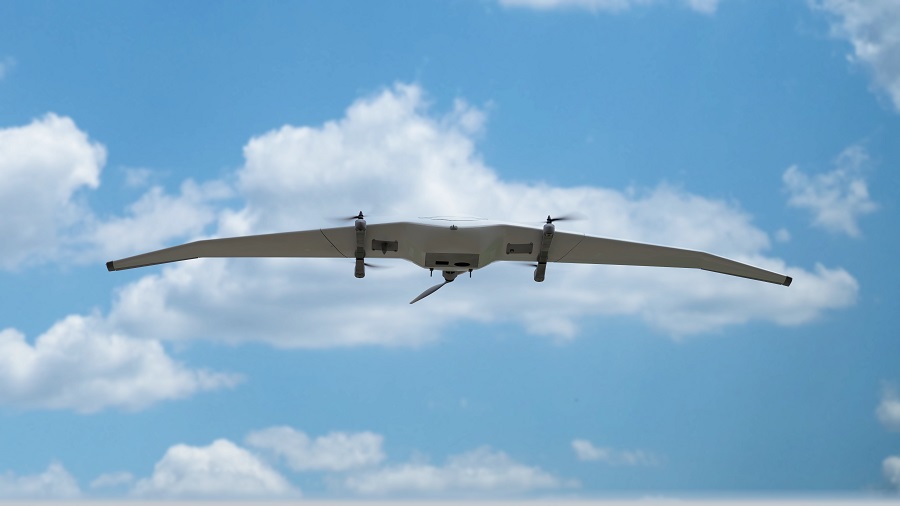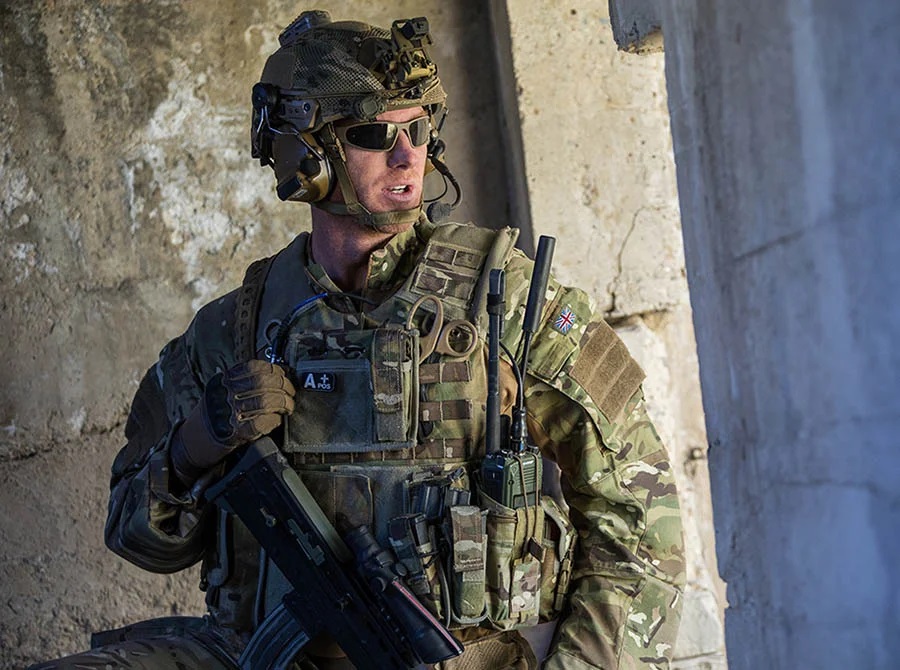Speech by High Representative of the European Union for Foreign Affairs and Security Policy / Vice-President of the European Commission (February 19, 2023)
Good morning,
Our security is being challenged by the war in Ukraine. This is what I told yesterday the Chinese [State Councillor Wang Yi]. We are arming Ukraine because this war is a challenge for our security. It is an existential challenge for Europe. But I’m not going to be rhetoric and will go to the point but President of [Ukraine Volodymyr] Zelenskyy and the Ukrainians have a lot of applauds and not enough ammunitions. That’s the paradox: they need to get less applauds and more arm supplies.
Ukrainians are fighting, paying the highest price in terms of lives but this war happens in the European soil, affects us and has a global impact around the world which also affects our security.
So let’s talk about this short term, long term, our neighbourhood and the wider world.
What the Germans have called the Zeitenwende in fact is a Zeitenwende not only for Germany but for all the Europeans.
I think that we face three major challenges:
- First, our credibility as a global player: this is what we call geopolitical Europe;
- Second, our strategic responsibility as security and defence provider;
- And third our engagement with partners around the world and to preserve or even to re-build trustful cooperation with many of the so-called Global South.
President of [France Emmanuel] Macron said about that, that he was surprised by the big resentment that he perceived in many countries around the world. And I share this feeling.
When I took office in 2019, we started talking about a geopolitical Europe, to use the language of power, Europe is in danger [what I had said when I presented the Strategic Compass]. Many wondered if this was not just a slogan, an exaggeration in order to better sell the product.
Unhappily, the war in Ukraine has converted this slogan into a reality. A dramatic reality. And it has made us grow up, wake up.
And brought us to a kind of adulthood. We have rediscovered the brutality of the interstate war in our world order and we are becoming an actor, credible, capable of using coercion against those who threaten us.
As I said, Russia is threatening our security and we are using coercion. We are becoming a hard power.
So, what have we done? You know.
We have adopted a lot of sanctions against Russian economy and Russian individuals. They are having an effect, I won’t go into details but you have a look at the trade deficit, budget deficit and income coming from selling hydrocarbons. These three key variables show that this year Russia is going down. Last year was a very good year for them, this year is going to be a very bad year because we have been able to get rid of our dependency from Russia hydrocarbons: from 40% gas dependency to almost 0 in a few month is an extraordinary achievement.
We have set a cap on Russian oil, we are selling the oil at half the price of Brent, $ 40 when the Brent is at $ 80.
And military support to Ukraine directly from the European Union. Not from the European Union budget, let’s clarify it. Not from the budget that the European Commission manages, but from an intergovernmental fund, a kind of “club” that Member States happily created to provide training and arms to our partners: the so-called European Peace Facility.
The Member States have decided to use this fund to arm Ukraine (€3,6 billion). And Member States each one on their sides, some a lot, others less, have also provided military support, to reach overall 12 bln €. And this a major achievement. It is the first time that we do that. We have broken a taboo. And it is very important to continue doing that.
We are the most important trainer of the Ukrainian army. By the end of the year, 30.000 Ukrainian soldiers will be trained by our EU Military Assistance Mission. I won’t enter into more details but this is what we have been doing.
But much more has to be done and much quicker. There is still a lot to be done.
We have to increase and accelerate our military support to Ukraine.
The first and most urgent thing that a geopolitical Europe has to do, is to arm Ukraine.
Here we said, as all European leaders said here, yesterday, that Russia cannot win this war, that Ukraine has to prevail. Then let’s go from words to facts and accelerate our military support to Ukraine, because Ukraine is in a critical situation from the point of view from available ammunition.
And I think we can say that we have been taking too much time to take critical decisions for providing battle tanks. And this, when everybody knows that to win a war, a classical war, with tranches, and heavy arms, you need battle tanks, you will not win this war without this kind of arms.
And now, this shortage of ammunition needs to be solved quickly. It’s a matter of weeks.
And this cannot be solved by going into joint procurement and buying … Because any procurement that comes to the market will come at the end of a queue of a long list of orders already passed by the Member States.
We have to use what we have. What the Member States have and they have to provide quickly apart from the ammunition waiting to replenish their stocks with the orders already done.
In the short-term, we need, and we have the tools, we have the European Peace Faciliy, that can engage their resources in order to provide quickly ammunitions to Ukraine.
And in the medium term, we have to increase the capacity of our defence industry much more. But this will not happen overnight.
And we have to go, and we also have the tools to do that, we have the European Defence Agency, which is specialised in these kinds of matters, to get ammunitions for all of us, but mainly and with a strong priority for the Ukrainians.
Don’t confuse the short-term objectives with the medium terms purposes.
Short-term, very short-term, more ammunitions to Ukraine.
This is a matter for Ministers of Defence. It is for the current Minister of Defence who have to take this kind of decisions. In the upcoming meeting on 7-8 March, where we will propose to accelerate the process that are already ongoing. And I think that working together, we can manage.
More broadly, we have to do our own homework. This homework is being defined by the Strategic Compass which was adopted days before the war started. And there, it is clearly defined how we can increase our role as security and defence actor.
This includes on the new battlefields: the cyber space; the sea. Areas where the war will have different characteristics; Maritime security, space security and defence, among others, cyber defence.
Because you know, we forgot about classical wars. We were only engaged in expeditions and Blitzkreig technological Blitzkreig.
These old wars, we forgot about, and now we have to recover capacity but keeping in mind that the war in the future will be a different one and will require different capacities.
And our industry has to speed up and our procedures also. It takes almost ten months for a European army to buy bullets for a canon of 155 mn. Almost one year. And almost three years to buy an air-to-air missile. This is not in accordance with the war situation in which we live today.
This war has also strengthened the role of NATO which has become again a crucial actor for the territorial security of Europe. But it is also a wake-up call for the Europeans to share the responsibility for their defence.
And then let’s go quickly to the geopolitical landscape.
Yesterday, President Macron, Chancellor [of Germany Olaf] Sholz, talked about it. We cannot think European security without looking beyond and engaging with partners.
I travel around the world and particularly in the countries of the South, I see how powerful is the Russian narrative that wants to reduce the war in Ukraine to a conflict between the West and Russia is powerful. Accusing us of double-standard.
We must debunk this narrative and explain how Russia acts as an imperialist power. President Macron referred to a neo-colonial power.
Yes, it is what it is. Let’s call it by its name: It is an imperial attitude from a powerful neighbour that wants to take control of some country that belongs to its political sphere.
We have this false narrative. We must engage our partners in defending together our common good: the UN Charter. But also being able to accept that this UN Charter has to be adapted to the current circumstances of our world today which is not at all the world of 1945. The share of wealth, political influence, the number of people is completely different and we have to adapt to it.
This war has also underlined the vulnerabilities and needs of our partners in facing their socio-economic and environmental challenge. And they fear that we focus only on Ukraine and that we divert from our responsibilities in other areas. They blame us for it. We have to reassure them that we will not do it and that we will increase our engagement and our responsibilities with the rest of the world.
Because this war has increased the challenges that the world faces in terms of prices and resources, economic growth and political and socio-economic areas.
We have to prove that we continue being a global actor not only fixing our political, economic and military capacity on this [Eastern] neighbourhood but taking very them very much into account [the rest of the world] to face this deep resentment in Africa due to post-colonial reasons [Russia supported us]. Or in Latin America and the anti-imperialism feeling [you supported dictatorships]. People have memory and people have feelings.
So we have to engage more showing that we are defending universal values not only values that are good when Ukraine, our neighbour, is being invaded but as a guide for us, for our geopolitical action as a security provider and also as a body that defends the UN Charters and principles in a constant, comprehensive and coherent way. This is the big challenge in front of us.
Short-term: quick ammunition.
Medium-term: increase the capacity of your industry.
And from now on, from tomorrow and for a long time: to look towards at our partners in the South to make them participate in the world reaction against Russia for the war in Ukraine.
Thank you.
Source: EEAS.




